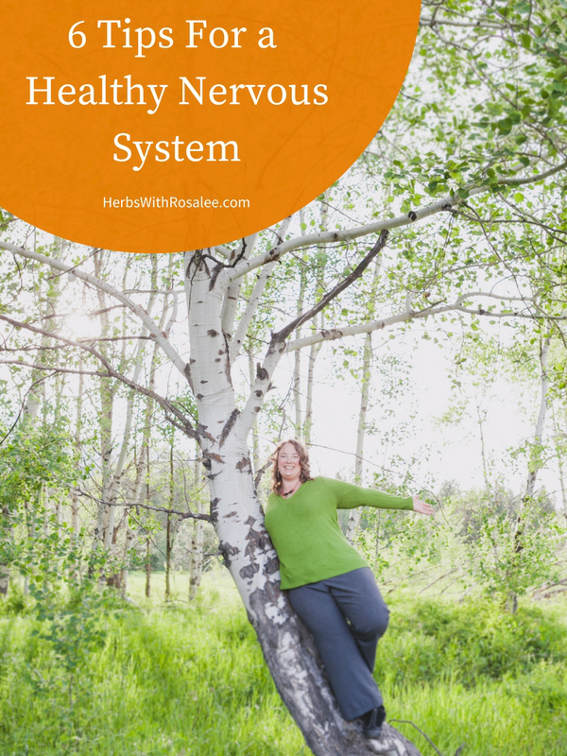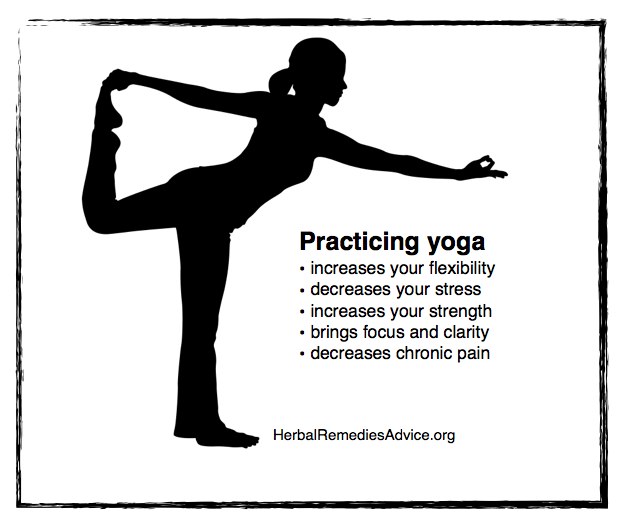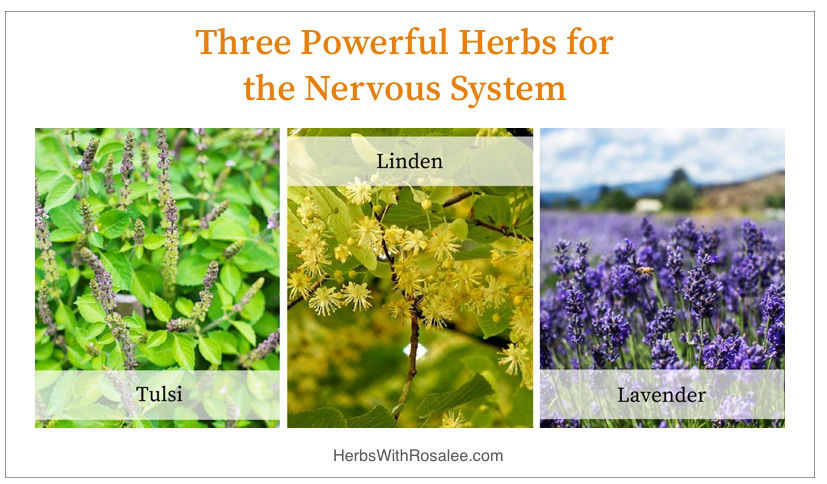Get weekly tips, recipes, and my Herbal Jumpstart e-course! Sign up for free today.

Human Nervous System
Share this! |
|
The human nervous system is a vast network that controls almost every aspect of our being. Our ability to move, breathe, digest food, sense, feel, all come from complex functions of the nervous system.
(You can read more about how the structure of the nervous system works here.)
Unfortunately, our go-go-go culture leaves our society with a plethora of nervous system diseases: from chronic insomnia to neuropathy, to autoimmune dysfunctions of the nervous system such as myasthenia gravis. This constantly on-the-go culture leaves people stuck in their sympathetic nervous system, otherwise known as the flight or fight mode, which leads to further discomfort and disease.
If you’ve been reading my site for even a short length of time you’ll know that I am a strong advocate for preventing disease by seeking out health. And if you already have a certain disease or health problem I never advocate simply taking a pill to mask the symptoms. Instead, by addressing the root cause of the problem you will more powerfully move towards health.
The following 6 steps lay the basic foundation for preventing and addressing nervous system diseases.
1. Stress
The human nervous system is divided into two branches: the parasympathetic nervous system and the sympathetic nervous system. The parasympathetic nervous system is when your body is relaxed and can be engage in restoring activities such as digestion and sleep. The sympathetic nervous system is more orientated to action. It is sometimes called our flight or fight nervous system. When this system is engaged your body is preparing to fight or for flight: breath is shallow, pupils become small and your muscles are wired.
Chronic stress continually places your body in a sympathetic state. Your body was not designed to be in this state for long periods of time and over time you can deplete your nervous system, resulting in insomnia, frequent colds and flus, frequent cold sores and other nervous system diseases.
To read more about this phenomenon I highly suggest this book by Peter Levine:
In the meantime give your sympathetic nervous system a rest! Reduce stress in your life so that you can enjoy the many benefits of restoration while your body is in its parasympathetic state.
2. Breathing Exercises
Breathing exercises are a powerful tool to help move your body from a sympathetic nervous system state to a parasympathetic nervous system state. These specialized breathing techniques give a deep signal to your body that it can relax and they can be used to instill your body’s own healing abilities.
Breath work is an integral part of a yoga practice. It is called pranayama and has been developed over thousands of years to support human nervous system health. You can often find workshops specifically focused on pranayama.
Here’s a nice description of using breathing exercises for health.
3. Diet for the Human Nervous System:
Healthy fats and B Vitamins
An overall healthy diet full of nutrient-dense foods and devoid of processed foods will help you prevent nervous system diseases.
There are also a few nutrients that are especially beneficial to the human nervous system:
- Omega 3’s and other healthy fats
- Vitamin D3
- B Vitamins (especially B12)
- Magnesium
4. Exercise the Nervous System
Regular aerobic exercise has a myriad of benefits for the body. While initially stimulating, regular exercise actually helps the body to deeply relax. Exercise can be used as a therapy specifically for nervous system diseases such as insomnia and chronic stress.
Enjoying your senses through a sense meditation can be a way to strengthen the nervous system as well as simply enjoy it!
Writing for 15 minutes as neatly as you can is said to engage and beneficially strengthen the human nervous system.
The practice of yoga through the asanas (poses), meditations and pranayama (breathing exercises) is another powerful way to prevent nervous system diseases.
5. Massage
Regularly getting a relaxing massage has a wide range of health benefits. Specifically for the nervous system it can help you relax more deeply into a parasympathetic state which eases your body into a more restorative state.
6. Herbs for the Nervous System
Many different kinds of herbs can be used to support the nervous system and to prevent nervous system diseases:
- Adaptogen herbs help your body become more resilient to stress and can support your nervous system health.
- Relaxing nervines can move your body from a sympathetic nervous system state to a parasympathetic nervous system state.
- Nutritive herbs can supply your body with necessary nutrients for a healthy functioning nervous system.
Basic good health practices will take you down the road to good health. I hope you enjoyed hearing some specific ways you can support your human nervous system and prevent nervous system diseases.
Explore Specific Nervous System Diseases
- Natural Sleep Aids - Finding Insomnia Remedies
- Cold Sore Remedies
- Natural Pain Relief
- Natural Remedies for Stress
- Stress Relief Tips
- How to Help a Migraine

Rosalee is an herbalist and author of the bestselling book Alchemy of Herbs: Transform Everyday Ingredients Into Foods & Remedies That Healand co-author of the bestselling book Wild Remedies: How to Forage Healing Foods and Craft Your Own Herbal Medicine. She's a registered herbalist with the American Herbalist Guild and has taught thousands of students through her online courses. Read about how Rosalee went from having a terminal illness to being a bestselling author in her full story here.


